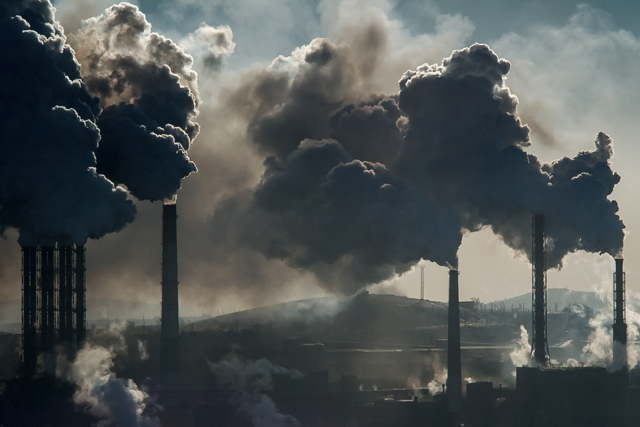Opinion: New laws needed to fight climate change
Official EPA government website
According to the Environmental Protection Agency, “Aerosols in the atmosphere can affect climate. Aerosols are microscopic (solid or liquid) particles that are so small that instead of quickly falling to the surface like larger particles, they remain suspended in the air for days to weeks. Human activities, such as burning fossil fuels and biomass, contribute to emissions of these substances.”
November 18, 2021
90 companies.
90 companies in the world are responsible for two-thirds of Earth’s greenhouse gas emissions. New laws need to hold large corporations accountable for their role in climate change.
Climate change’s effects could start to have detrimental effects on our everyday lives if emissions remain at their current rate. According to Elliot Hyman from the Harvard Political Review, “At the current rate of global greenhouse gas emissions, climate change could displace two billion people due to rising ocean levels, cost the U.S. economy billions of dollars, and cause upwards of 250,000 additional deaths per year — all before 2100.”
Climate change affects not only humans, but every other species on Earth. Senior Lindsey Urban, Environmental Club president and AP Environmental Science student, said the greenhouse gas emissions made by large corporations could have effects beyond global warming. “Some areas might even be getting colder, and that means that species that are currently living in that region where the climate is changing won’t be able to inhabit that region anymore because they can’t live in those conditions, they are not adapted to it,” she said.
Urban attributed these effects to the unregulated actions of corporations. Urban said, “Corporations are the largest contributors to climate change.”
Big corporations taking responsibility for their role in climate change is absolutely essential for the environment. In fact, AP Environmental Science teacher Melissa Spigutz identifies regulation of businesses’ greenhouse gas emissions as the most effective way to combat climate change. She said, “Looking at the main culprits of climate change, any industry that’s putting out an excessive amount of greenhouse gases they need to make a switch to things that are renewable so that they are not putting out too much pollution”
There is also a domino effect that climate change can have when paired with our need for natural resources to survive. Spigutz said, “We’re seeing freshwater problems already – people are 70% water. We need fresh water to survive, otherwise we have to start desalinating it and that requires energy and everything starts to exacerbate and become these crazy positive feedback loops”
While big companies recognize their detrimental effects on their environment, they have done little to actually minimize their contribution to climate change. Some have overly ambitious goals that cannot be reasonably carried out, and some simply make empty, unspecific promises. Peter Eavis and Clifford Krauss of New York Times wrote, “Household names like Costco and Netflix have not provided emissions reduction targets despite saying they want to reduce their impact on climate change.”
These failures become increasingly disappointing as alternative sources of cleaner energy become widely available and cheaper. In fact, according to World in Data.org, the price of sustainable energy such as wind and solar has decreased by 89% in the last decade.
We must not allow big companies to suffocate our environment for profit. New laws must be put into place to regulate the emissions of greenhouse gases by large corporations.






















































